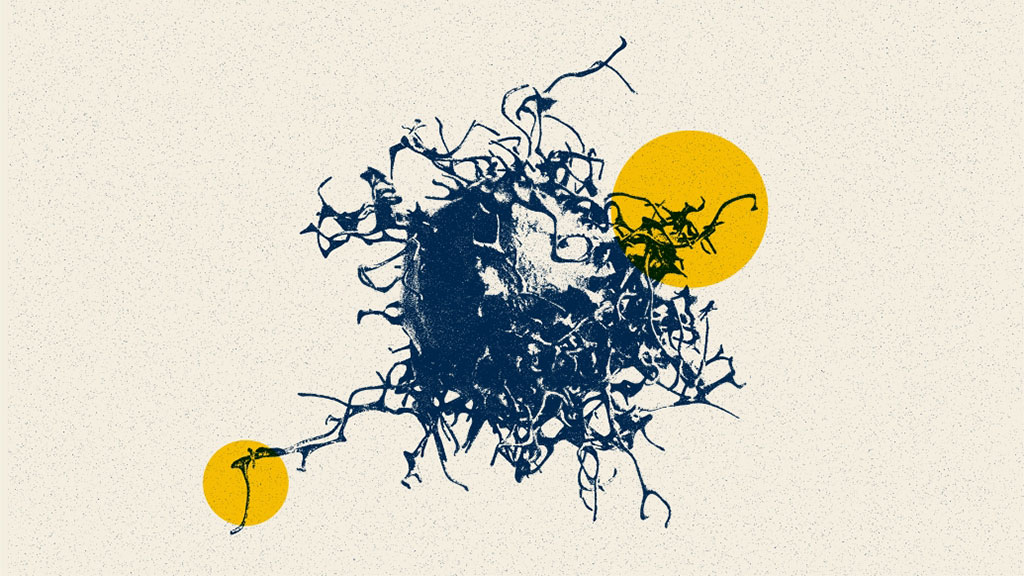AI-Based Diagnostic Screening System Predicts Genetics of Cancerous Brain Tumors in 90 Seconds
Posted on 24 Mar 2023
The diagnosis and treatment of gliomas increasingly rely on molecular classification, as surgical benefits and risks vary depending on a patient's genetic makeup. Complete removal of the tumor can extend the life of patients with astrocytomas, a specific type of diffuse glioma that is the most common and deadly primary brain tumor, by an average of five years compared to other subtypes. However, access to molecular testing for diffuse glioma is limited and not consistently available in all brain tumor treatment centers. Even when available, test results can take days or weeks. Researchers have now developed an artificial intelligence (AI) system that can screen for genetic mutations in cancerous brain tumors in less than 90 seconds, potentially streamlining the diagnosis and treatment of gliomas.
A team of neurosurgeons and engineers at Michigan Medicine (Ann Arbor, MI, USA), in collaboration with other investigators, has developed DeepGlioma, an AI-based diagnostic screening system that uses rapid imaging to analyze tumor specimens taken during an operation and rapidly identify genetic mutations. In a study involving more than 150 patients, the newly developed system demonstrated an average accuracy of over 90% in identifying the mutations used by the World Health Organization to define molecular subgroups of the condition. Prior to the development of DeepGlioma, surgeons did not have a method to differentiate diffuse gliomas during surgery.

“This AI-based tool has the potential to improve the access and speed of diagnosis and care of patients with deadly brain tumors,” said lead author and creator of DeepGlioma Todd Hollon, M.D., a neurosurgeon at University of Michigan Health and assistant professor of neurosurgery at U-M Medical School. “Barriers to molecular diagnosis can result in suboptimal care for patients with brain tumors, complicating surgical decision-making and selection of chemoradiation regimens. DeepGlioma creates an avenue for accurate and more timely identification that would give providers a better chance to define treatments and predict patient prognosis.”
Related Links:
Michigan Medicine














